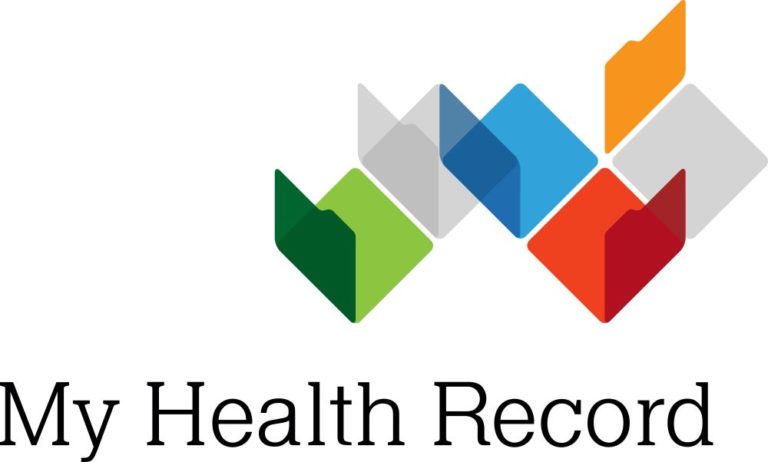The industry association said it welcomed additional powers to the Private Health Insurance Ombudsman (PHIO) to conduct audits of private health insurers. This is a result of MTAA’s calls for such audits and will ensure private health insurers meet their obligations, including passing on every dollar of the $1.1 billion in saving for medical devices.
However, these cuts are significant and will impact on jobs and investment in the medical technology industry.
Despite the premium average due to increase by 3.95% – double the inflation rate – private health insurance companies will be slugging its 13.5 million customers with an additional $200 increase on a family policy come 1 April.
MTAA said it predicted this increase back in November 2017
At a time when the private health insurance sector showed a record $1.39 billion in net profit across the industry, an increase of 11.55% from the previous year.
Surely, there is scope to pass some of that back to customers through reduced premiums, rather than seeking a $200 premium increase.
The MTAA argues that the increasing profits of private health insurers would indicate they should do some belt tightening of their own to keep premium growth at the current inflation rate of 1.9%.
Ian Burgess, Chief Executive Officer of the Medical Technology Association of Australia said:
“Today’s announcement delivers the lowest premium change in 17 years, which can be attributed to the $1.1 billion in savings from the medical device industry.
“MTAA strongly supports the need for a healthy and viable private health insurance sector in Australia.
“But we’ve always maintained that given we represent 10% of private health insurers overall costs a reduction in costs for medical technology would only ever result in a modest reduction in premium increases.
“Unfortunately, it seems the private health insurance industry is asking others to reduce their costs to fund a reduction in premium growth but are reluctant to look to their own books for savings.
“Further, the private health insurance industry should embrace an expansion of the Prostheses List and enable faster access to private market as this will benefit patients and greatly increase the value proposition to its 13.5 million customers.”




